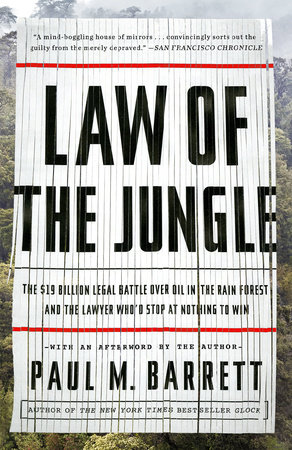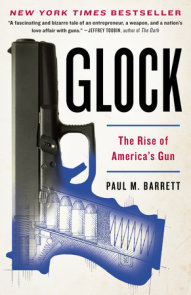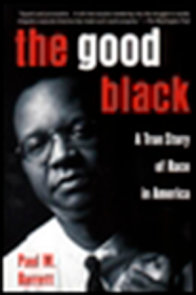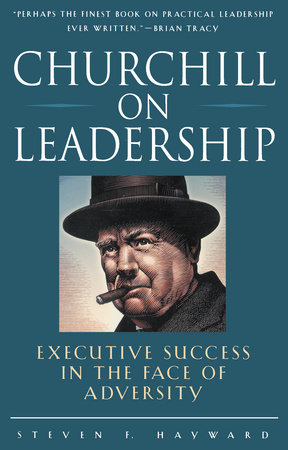

Law of the Jungle
By Paul M. Barrett
By Paul M. Barrett
By Paul M. Barrett
By Paul M. Barrett
By Paul M. Barrett
Read by Joe Ochman
By Paul M. Barrett
Read by Joe Ochman

-
$17.00
Sep 22, 2015 | ISBN 9780770436360
-
Sep 23, 2014 | ISBN 9780770436353
-
Sep 23, 2014 | ISBN 9780553398540
538 Minutes
Buy the Audiobook Download:
YOU MAY ALSO LIKE
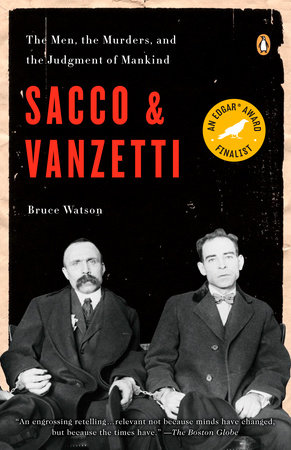
Sacco and Vanzetti
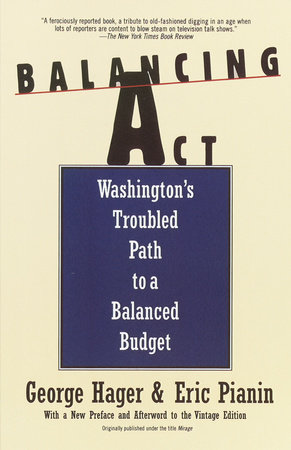
Balancing Act
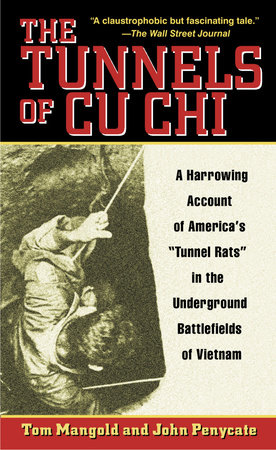
The Tunnels of Cu Chi
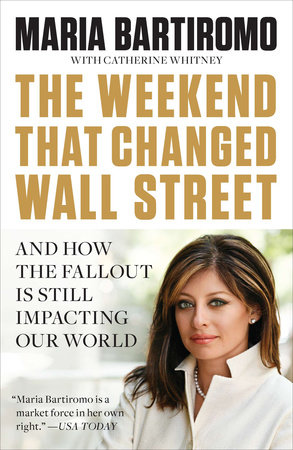
The Weekend That Changed Wall Street
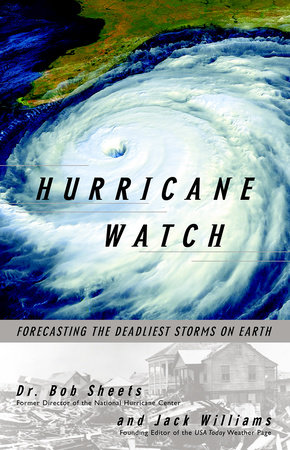
Hurricane Watch
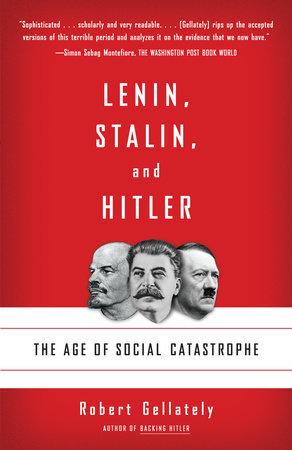
Lenin, Stalin, and Hitler
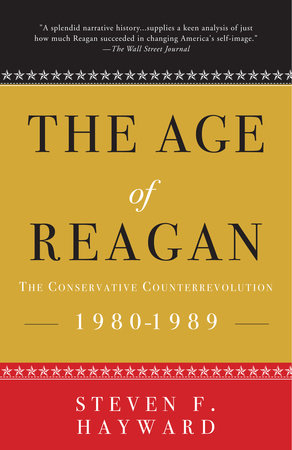
The Age of Reagan: The Conservative Counterrevolution
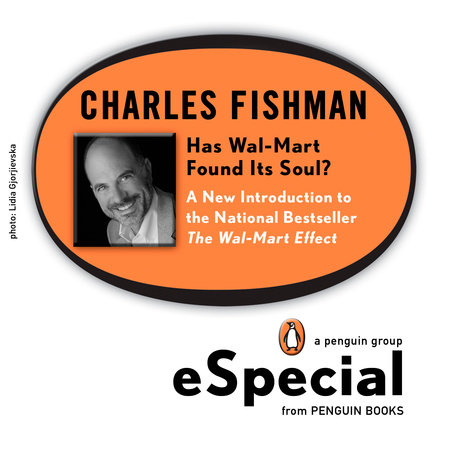
Has Wal-Mart Found Its Soul?
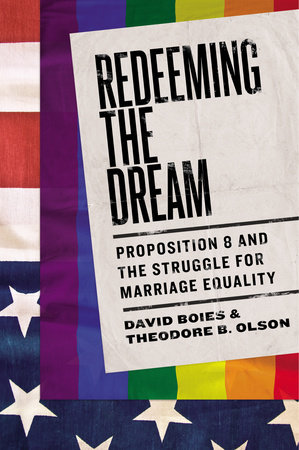
Redeeming the Dream
Praise
“Exhaustively reported and deftly written…reads like a John Grisham novel.”
—Forbes
“Impressively even-handed. . . [Barrett] calls Texaco to account of dirty drilling, and holds Petroecuador, which maintained such practices for years, to the same standard. He. . . thinks Mr. Donziger made a ‘deal with the Devil’, noting that the attorney even opposed the Ecuadorean government’s own environmental clean-up plan in order to preserve his lawsuit.”
—The Economist
“A well-crafted account.”
—Wall Street Journal
“Those interested in the rule of law and the role of the courts and lawyers will find Law of the Jungle instructive, entertaining, and frightening.”
—The American Spectator
“A mind-boggling house of mirrors… [Barrett] unravels and imposes order on a confusing, multiyear circus and convincingly sorts out the guilty from the merely depraved.”
—San Francisco Chronicle
“Bloomberg Businessweek writer Paul M. Barrett offers a thorough account of the episode…The story is one of hardball corporate lawyers vs. hardball human rights lawyers, a rough kind of moral equivalency in a battle in which Donziger and his allies were finally tempted into acts that a U.S. judge would in the end rule to be racketeering.”
—National Review
“A richly detailed and well-documented narrative of one of the most important environmental litigations in decades… Worthy of a Hollywood movie—but one that proves the point that truth is stranger than fiction.”
-New York Law Journal
“Details hardball tactics by both sides…Crisply told.”
—Dallas Morning News
“An enthralling true-life courtroom drama…Almost Shakespearean in scope, featuring a flawed protagonist with good intentions but tragically overreaching ambitions.”
—Booklist
“An accessible, fast-paced read.”
—Fortune
“Irresistable…a true-life, courtroom version of Heart of Darkness.”
—Kirkus Reviews
“An enthralling, deeply researched volume about the intersection of law and individual rights…Barrett skillfully takes readers inside the players’ minds and exposes the underside of high-stakes litigation.”
–Library Journal
“In a story possessing ‘no shortage of knaves and villains,’ Barrett skillfully weighs the ethics of both Donziger and Chevron and finds them wanting.”
—Publishers Weekly
“This chilling account of the bruising, bare-knuckled conflict between a deeply flawed do-gooder and a well-oiled legal steamrolling machine should give pause to anyone who believes that justice always prevails. Barrett brilliantly shows that in the real world, the law of the jungle—an oxymoron if there ever was one—trumps the rule of law.”
—Alan Dershowitz, professor, Harvard Law School, and author, Taking the Stand: My Life in the Law
“Law of the Jungle is a riveting piece of storytelling. The environmental insults make you furious and your heart breaks for the people whose ways of life are violated—but what happens after that challenges your beliefs about fairness and justice….This isn’t a simple David and Goliath story; it’s an engaging passion play that unfolds from the Ecuadorian jungles to the courtrooms of New York.”
—David Yarnold, President & CEO, National Audubon Society
“Paul Barrett’s Law of the Jungle is a cautionary tale — a deeply reported, well-written reminder that to be credible and effective, the fight against environmental misconduct must be waged within the rule of law. Our legal system can be a powerful force for environmental progress, but its rules have to be respected.”
—Fred Krupp, President, Environmental Defense Fund
“This smart and gripping book by a first-class investigative journalist teaches a vital lesson that everyone who cares about business and the American economy needs to understand: When confronted with fraudulent courtroom shakedowns, corporations must fight back as Chevron did.”
—Jack Welch, former Chairman and CEO of General Electric and bestselling author of Winning
“Paul Barrett’s Law of the Jungle is the inside story of the international trial of the decade—a high stakes fight over oil, blood and money and a protagonist who is as fascinating as he is perplexing.”
—Jeffrey Toobin, author of The Oath and the Nine
“An engrossing, captivating account of litigation run amok. Barrett’s comprehensive, detailed book demonstrates all that is wrong with the American litigation system. Required reading for anyone who not only wants to learn more about protracted lawsuits in America but yearns for a page-turning legal thriller. I can’t wait for the movie.”
—Kenneth R. Feinberg, court-appointed special master for compensating victims of the 9/11 attacks, BP oil spill, Virginia Tech massacre, asbestos insulation, Dalkon Shield IUD, and Vietnam defoliant Agent Orange
“Paul Barrett’s Law of the Jungle creates an unforgettable rainbow of lawyers who do indeed live by the Law of the Jungle. You will be intrigued until the last page as to who will survive and your emotions will be struck to ask, who should?”
—Victor Schwartz, general counsel, American Tort Reform Association; partner, Shook, Hardy & Bacon, Washington D.C.
“Masterfully written and carefully documented, Law of the Jungle tells the real story behind the historic Chevron oil pollution case, which I saw from the inside as technical consultant and court expert for the rain forest plaintiffs.”
—David L. Russell, P.E., chief executive, Global Environmental Operations Inc.
21 Books You’ve Been Meaning to Read
Just for joining you’ll get personalized recommendations on your dashboard daily and features only for members.
Find Out More Join Now Sign In






